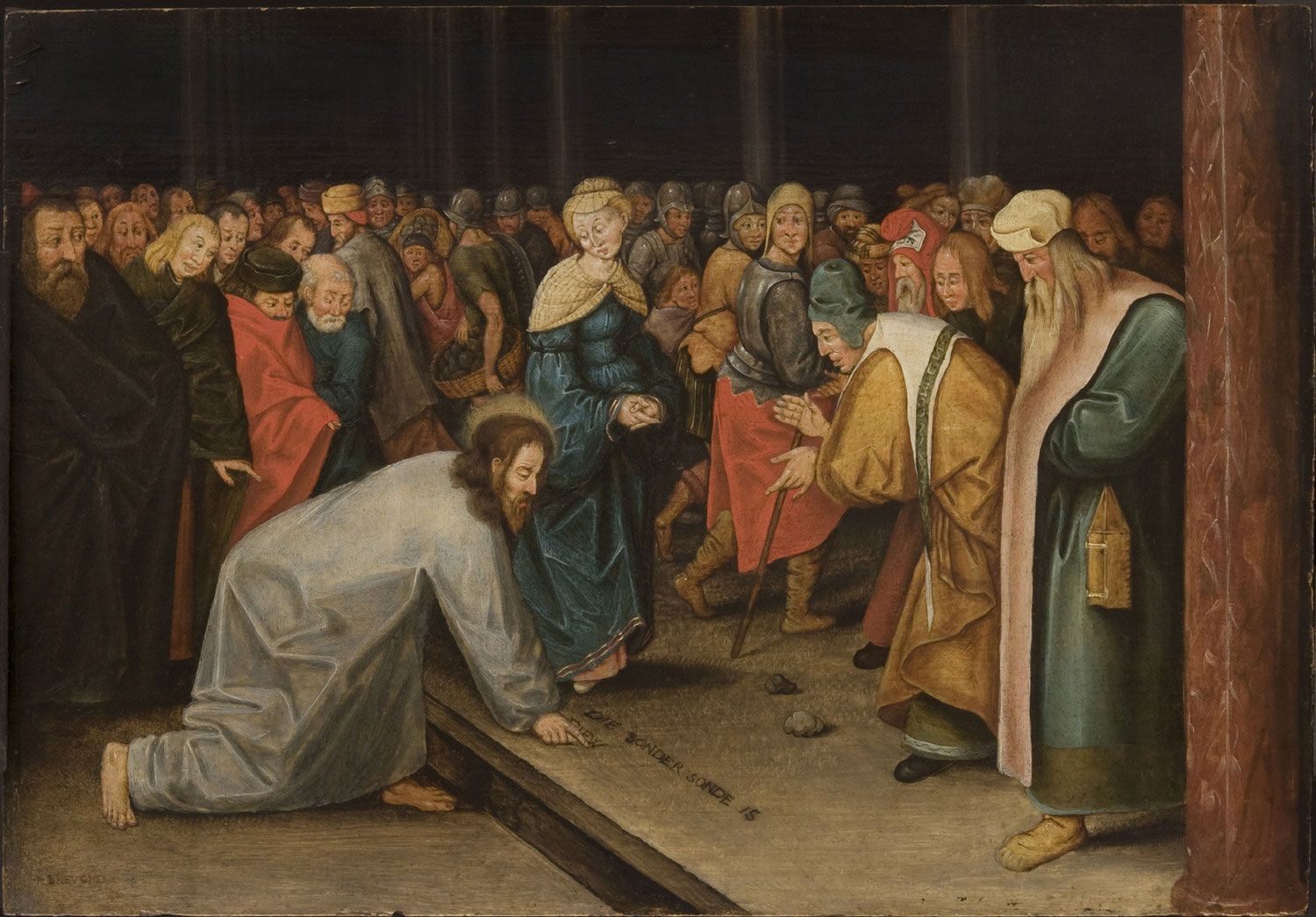
In the annals of early Christianity, the name James resonates with profound significance, attached to figures whose lives and teachings indelibly shaped the foundational years of the faith. These individuals, distinct yet united by their enduring impact, stand as testaments to steadfast devotion, intellectual rigor, and unwavering commitment to the nascent Christian movement. Their legacies, preserved through scriptural texts and historical traditions, offer timeless lessons on faith, conduct, and the essence of spiritual maturity.
This comprehensive examination delves into the lives of these pivotal figures, most notably James, the brother of Jesus and author of a foundational New Testament epistle, and St. James the Apostle, an intimate member of Christ’s inner circle. Their stories unfold against a backdrop of nascent communities, persecution, and the urgent task of articulating the practical implications of Christian belief. Through an exploration of their biographical details, the circumstances surrounding their ministries, and the profound wisdom contained within their writings, we gain invaluable insight into the challenges and triumphs of early believers.
From the meticulous theological arguments to the passionate calls for ethical living, the contributions of these Jameses continue to inform and inspire generations. This retrospective aims to illuminate the depth of their influence, presenting a narrative woven from the earliest documented accounts, and underscoring why their insights remain as relevant today as they were in the first century. It is a journey into the heart of faith, where doctrine meets daily living, and where the example of these leaders continues to challenge and guide.

1. **James, the Brother of Jesus: His Life and Role**Among the prominent figures bearing the name James in the New Testament, one stands out as the probable author of the epistle that carries his name: James, the brother of Jesus. This identification is supported by his self-designation in James 1:1 as “a servant of God and of the Lord Jesus Christ,” a humble yet authoritative claim. Initially, James was not a believer in Jesus, famously challenging and misunderstanding his mission as recounted in John 7:2-5. This initial skepticism underscores the profound transformation that would later define his life and leadership within the early church.
His conversion and subsequent prominence were dramatically cemented by a personal appearance of the resurrected Christ, as recorded in 1 Corinthians 15:7. This pivotal encounter transformed James from a doubter into a devoted follower and eventually a central leader. Paul, recognizing his stature, referred to him as a “pillar” of the church in Galatians 2:9, alongside Peter and John. James’s influence extended significantly into the administrative and theological life of the early Christian community, particularly in Jerusalem, where he served as its undisputed head.
His leadership was evident during critical moments, such as Paul’s first post-conversion visit to Jerusalem (Galatians 1:19) and his final visit (Acts 21:18). James also played a crucial role in the important Jerusalem Council (Acts 15:13), where decisions regarding Gentile converts were made, demonstrating his wisdom and authority. So well-known was his reputation that Jude identified himself simply as “a brother of James” (Jude 1:1). This influential leader was martyred around A.D. 62, a testament to his unwavering commitment to the faith.
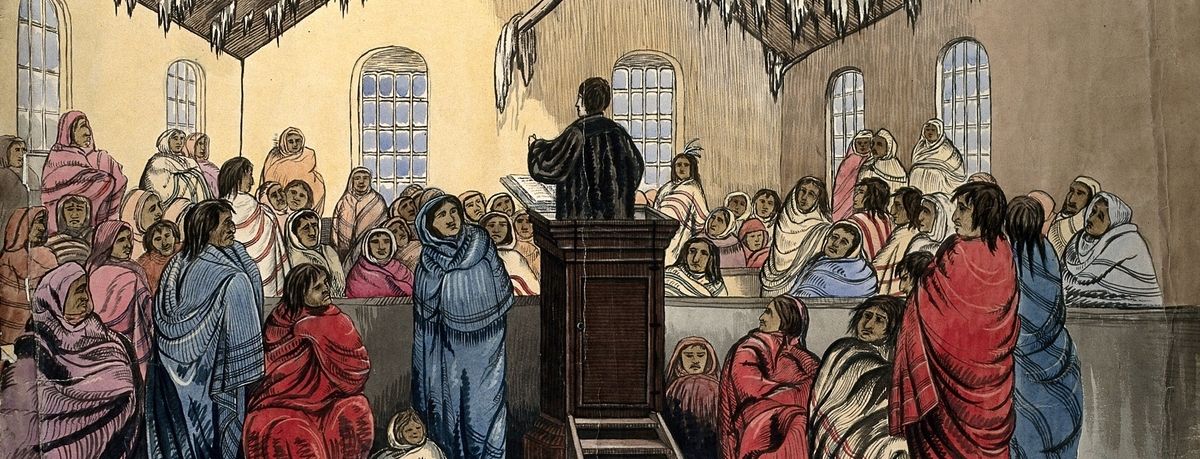
2. **The Epistle of James: Unraveling Its Origins and Early Impact**Referred to as one of the General Epistles, the book of James is unique among New Testament writings for its early date and distinctively Jewish character. While some scholars place its writing in the early 60s A.D., compelling indications suggest a much earlier composition, potentially before A.D. 50. This places it among the earliest, if not the very earliest, books of the New Testament canon, with Galatians as a possible contemporary. Its simple church order, referring to church officers as “elders” (5:14) and “teachers” (3:1), supports this early dating, predating more formalized ecclesiastical structures.
Furthermore, the absence of any reference to the intense controversy over Gentile circumcision, a major topic at the Jerusalem Council (circa A.D. 49), strengthens the argument for an even earlier composition. Had the council already taken place, it would be logical to expect its mention or influence within James’s letter. The use of the Greek term *synagoge* (“synagogue” or “meeting”) to describe the gathering place of the church (2:2) further underscores the Jewish context of its original audience and setting.
This epistle, therefore, provides a window into the nascent Christian community while it was still predominantly Jewish in its composition and practices. Its messages, though ancient, resonate with an immediate practicality, addressing the everyday challenges faced by believers in a way that continues to engage readers. The context of its writing – a time when the church was grappling with its identity and message – highlights its foundational importance in the development of Christian thought and practice.
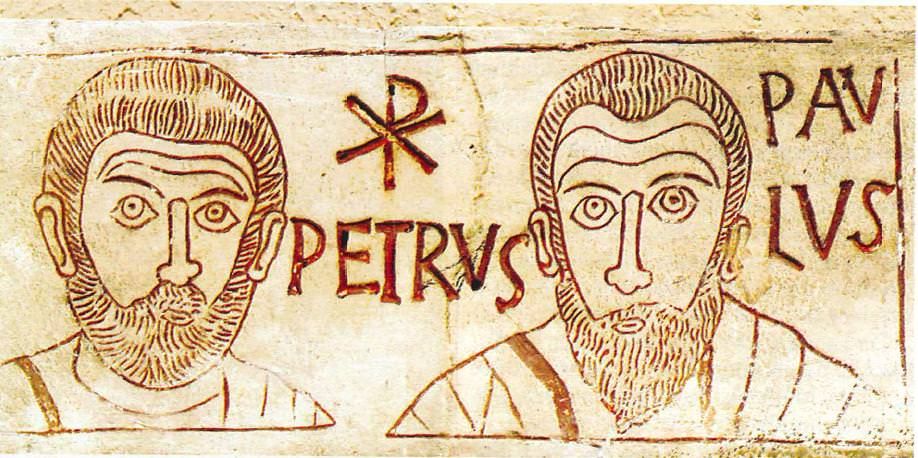
3. **The Intended Audience: Jewish Believers in Dispersion**James explicitly identifies his recipients in 1:1 as “the twelve tribes scattered among the nations,” an expression traditionally referring to the Jewish people living outside the land of Israel, known as the Diaspora. In this context, the term “twelve tribes” is most naturally applied to Jewish Christians, indicating that James’s letter was primarily directed to this specific demographic. The profoundly Jewish nature of the letter, exemplified by the use of the Hebrew title for God, *kyrios sabaoth* (“Lord Almighty,” 5:4), further reinforces this understanding of its target audience.
That the recipients were indeed Christians is made clear by passages such as James 2:1 and 5:7-8, which address them as fellow believers. It has been plausibly suggested that these individuals were members of the early Jerusalem church who, following the martyrdom of Stephen (Acts 8:1) and the persecution under Herod Agrippa I (Acts 12:1), were dispersed to regions such as Phoenicia, Cyprus, and Syrian Antioch (Acts 11:19). This scattering provides the historical backdrop for James’s frequent references to trials and oppression, themes that would have been deeply relevant to their circumstances.
As the leader of the Jerusalem church, James wrote with intimate knowledge of his readers’ struggles and with pastoral authority. His letter served as a crucial source of instruction and encouragement, guiding his dispersed people through the difficulties they faced. His concern was not merely doctrinal but deeply practical, aiming to nurture a faith that was robust and manifest in righteous living amidst adversity, providing guidance for a community navigating both external pressures and internal moral challenges.
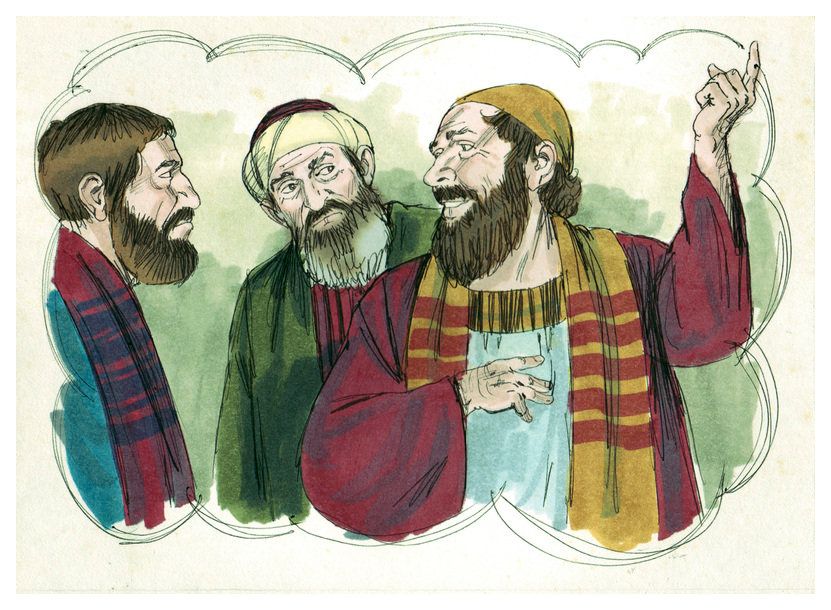
4. **Distinguishing Features of James’s Letter**The Epistle of James stands out within the New Testament canon due to several distinctive characteristics that shape its theological depth and practical application. Foremost among these is its unmistakably Jewish nature, which permeates its language, allusions, and ethical framework. This is observed in its frequent references to the Old Testament, drawing wisdom from its ancient narratives and commandments, and addressing a community still deeply rooted in Mosaic traditions.
Another defining feature is its powerful emphasis on what is termed “vital Christianity”—a faith that is not merely intellectual assent but is characterized by tangible good deeds and a consistent, active lifestyle. James argues persuasively that genuine faith must, by its very nature, produce observable works, thereby demonstrating its authenticity. This practical bent distinguishes the epistle as a guide for living out one’s convictions rather than just possessing them.
The letter also possesses a relatively simple organization, often flowing from one practical exhortation to the next without a rigid, systematic theological structure. Despite this, it exhibits a remarkable familiarity with Jesus’ teachings, particularly those preserved in the Sermon on the Mount. Parallels can be drawn between James 2:5 and Matthew 5:3, James 3:10-12 and Matthew 7:15-20, James 3:18 and Matthew 5:9, James 5:2-3 and Matthew 6:19-20, and James 5:12 and Matthew 5:33-37, showcasing its deep resonance with Christ’s ethical precepts. Moreover, its similarity to Old Testament wisdom writings like Proverbs further highlights its genre as a book of practical wisdom. Finally, the epistle is recognized for its excellent Greek, indicating a sophisticated command of language by its author.
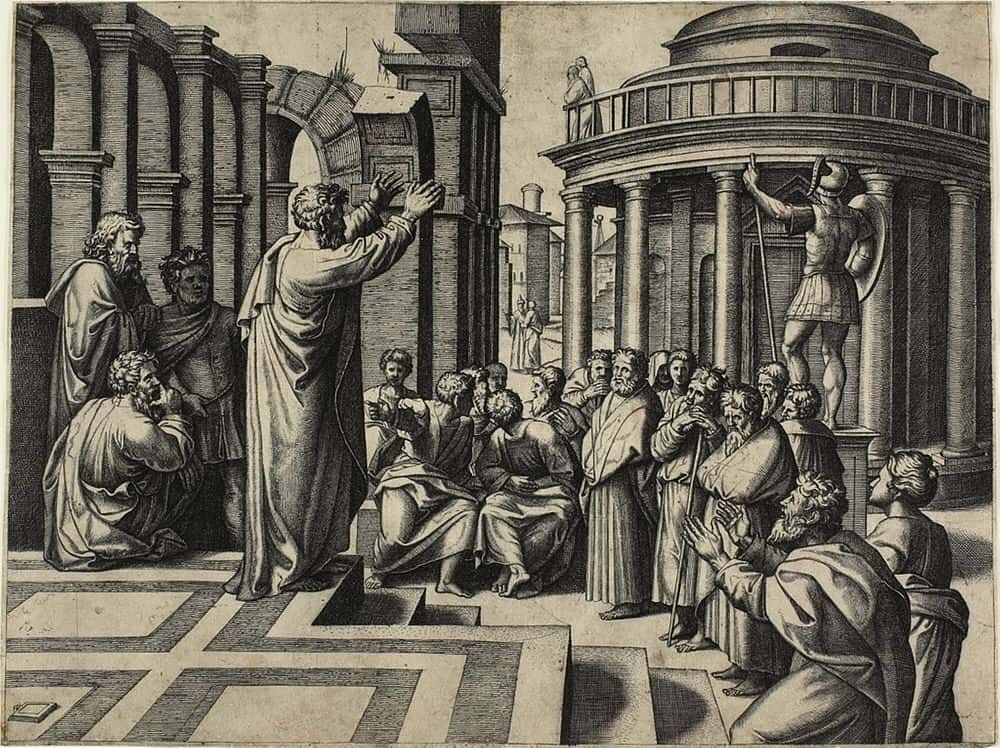
5. **Navigating Life’s Challenges: Trials and Temptations**Central to James’s initial message is a profound perspective on the nature of trials and temptations, offering guidance on how believers should respond to adversity. The epistle opens with a radical call to “Consider it pure joy, my brothers, whenever you face trials of many kinds” (James 1:2). This counter-intuitive instruction is predicated on the understanding that the testing of one’s faith is not merely a hardship, but a crucible designed to develop perseverance. Through this process, faith is strengthened, leading to spiritual maturity and completeness, so that believers are “not lacking anything” (James 1:4).
Recognizing the human struggle inherent in such trials, James also addresses the need for wisdom. He encourages anyone who “lacks wisdom” to “ask God, who gives generously to all without finding fault, and it will be given to him” (James 1:5). This divine provision of wisdom is contingent upon asking “in faith, without doubting,” for a person who doubts is likened to “a wave of the sea, blown and tossed by the wind,” unstable and unlikely to receive anything from the Lord (James 1:6-8). This underscores the importance of unwavering trust in God’s provision and guidance during difficult times.
Beyond external trials, James distinguishes between trials and temptations. He explicitly states that “When tempted, no one should say, ‘God is tempting me.’ For God cannot be tempted by evil, nor does He tempt anyone” (James 1:13). Instead, temptation originates from “each one… being dragged away by his own evil desire and enticed” (James 1:14). This internal process, if unchecked, leads to a devastating sequence: “after desire has conceived, it gives birth to sin; and sin, when it is full-grown, gives birth to death” (James 1:15). This detailed explanation provides a clear framework for understanding the source and consequences of sin, separating divine testing from human failings driven by internal desires.
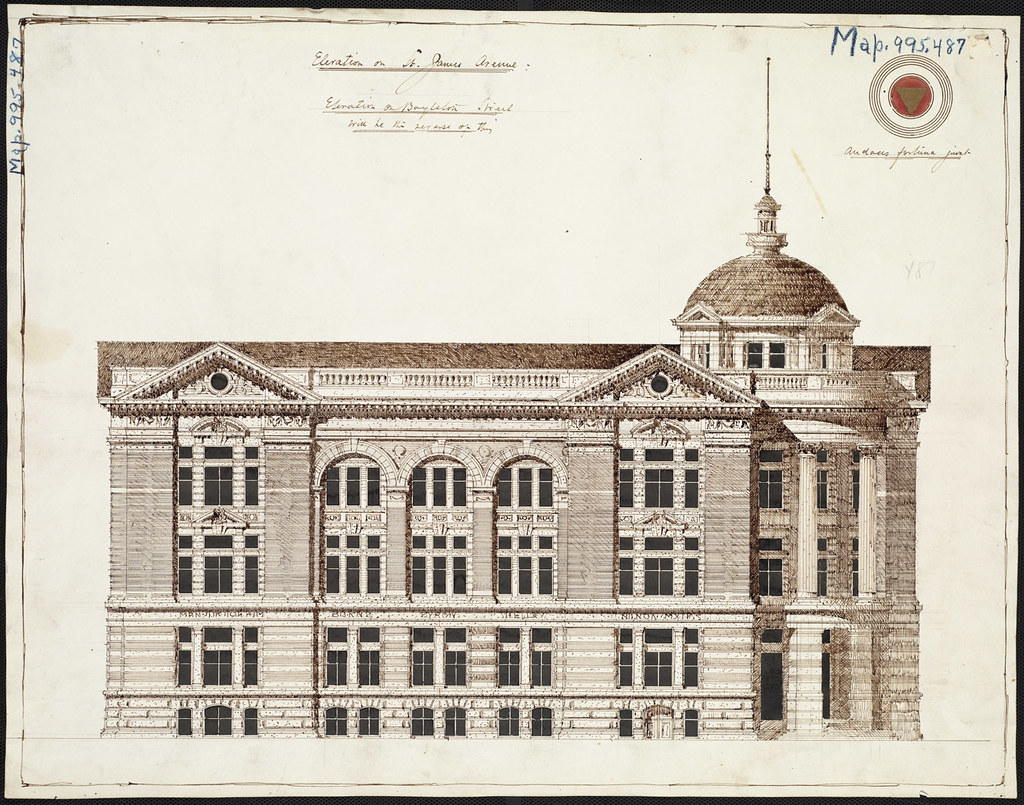
6. **Beyond Hearing: The Call to Active Obedience**James issues a compelling call for believers to move beyond mere passive reception of God’s word to active, demonstrable obedience. His exhortation, “Do not merely listen to the word, and so deceive yourselves. Do what it says” (James 1:22), forms a cornerstone of his practical theology. This principle is vividly illustrated through the metaphor of a mirror: “Anyone who hears the word but does not carry it out is like a man who looks at his face in a mirror, and after observing himself goes away and immediately forgets what he looks like” (James 1:23-24). Such a person engages with the truth superficially, failing to internalize and act upon it.
In stark contrast, James praises the one “who looks intently into the perfect law that gives freedom, and continues to do so—not being a forgetful hearer, but an effective doer—he will be blessed in what he does” (James 1:25). This active engagement with God’s law, characterized by careful observation and sustained application, leads to true blessing and spiritual transformation. It is not enough to simply acquire knowledge; the genuine mark of faith lies in its practical outworking in one’s life.
This theme of active obedience is further elaborated through specific moral and ethical injunctions. James urges his “beloved brothers” to “be quick to listen, slow to speak, and slow to anger” (James 1:19), recognizing that uncontrolled human anger does not produce divine righteousness (James 1:20). He mandates the shedding of “all moral filth and every expression of evil” and the humble acceptance of “the word planted in you, which can save your souls” (James 1:21). Pure and undefiled religion, James concludes, is concretely demonstrated by caring for “orphans and widows in their distress, and to keep oneself from being polluted by the world” (James 1:27). This encapsulates his vision of a faith that is both deeply personal and profoundly social.

7. **A Stern Admonition: The Peril of Favoritism**In a powerful and direct address, James issues a stern warning against the practice of favoritism within the Christian community, highlighting its inherent contradiction with the nature of the glorious Lord Jesus Christ. He challenges his readers: “My brothers, as you hold out your faith in our glorious Lord Jesus Christ, do not show favoritism” (James 2:1). To illustrate this point, James presents a vivid scenario: imagine two men entering a meeting, one “wearing a gold ring and fine clothes,” and the other “a poor man in shabby clothes” (James 2:2). The natural human inclination, and one that James condemns, is to lavish attention on the wealthy individual, offering them a seat of honor, while dismissing the poor man with an instruction to “stand” or “Sit at my feet” (James 2:3).
Such behavior, James declares, reveals a deep moral failing: “have you not discriminated among yourselves and become judges with evil thoughts?” (James 2:4). He challenges their perception of value, reminding them, “Listen, my beloved brothers: Has not God chosen the poor of this world to be rich in faith and to inherit the kingdom He promised those who love Him?” (James 2:5). This underscores a fundamental principle of God’s kingdom, where earthly status is inverted, and spiritual riches are prized above material wealth.
James further rebukes their actions by pointing out that it is often the rich who oppress them and drag them into court, and “blaspheme the noble name by which you have been called” (James 2:6-7). He reminds them of the “royal law stated in Scripture, ‘Love your neighbor as yourself'” (James 2:8), asserting that fulfilling this commandment is doing well. Conversely, showing favoritism constitutes a sin, making them “transgressors” convicted by the law (James 2:9). This uncompromising stance on impartiality is a critical aspect of genuine faith and righteous community living, stressing that mercy must triumph over judgment, for “judgment without mercy will be shown to anyone who has not been merciful” (James 2:13).

8. **The Indispensable Link: Faith Manifested Through Deeds**James directly confronts the critical relationship between faith and works, a theme that has historically generated much theological discussion. He poses a direct challenge to the notion of a purely intellectual or passive faith: “What good is it, my brothers, if someone claims to have faith, but has no deeds? Can such faith save him?” This rhetorical question immediately signals that for James, genuine faith is inextricably linked to observable action, asserting that a faith devoid of works is, in essence, “dead.”
He illustrates this point with a poignant example, asking what benefit there is in merely wishing a brother or sister, “Go in peace; stay warm and well fed,” if their physical needs for clothes and daily food are not addressed. Such an empty pronouncement, without tangible provision, renders any claim of faith hollow. James argues that true saving faith is not merely an internal conviction but a dynamic force that manifests itself in compassionate and practical responses to the needs of others.
To further emphasize this, James declares, “Show me your faith without deeds, and I will show you my faith by my deeds.” He dismisses a purely intellectual belief, stating that “Even the demons believe that—and shudder.” This highlights that merely assenting to theological truths is insufficient. True faith, he clarifies, is exemplified by figures like Abraham, whose faith was “perfected by what he did” when he offered Isaac, fulfilling the scripture, “Abraham believed God, and it was credited to him as righteousness,” and similarly, Rahab the prostitute was “justified by her actions when she welcomed the spies.” James thus firmly establishes that “as the body without the spirit is dead, so faith without deeds is dead,” presenting works as the indispensable evidence and natural outflow of a living, saving faith.

9. **The Power and Peril of the Tongue: A Moral Imperative**Few passages in the New Testament deliver such a stark and vivid assessment of the human tongue as James Chapter 3. The apostle begins with a cautionary note, advising against a widespread desire to become teachers, recognizing that “we who teach will be judged more strictly.” This immediately sets a high bar for verbal responsibility, acknowledging that all people “stumble in many ways,” but to control one’s speech is a mark of profound maturity, capable of controlling “the whole body.”
James employs striking analogies to underscore the disproportionate power of this small organ. Just as a small bit in a horse’s mouth can guide the entire animal, or a tiny rudder can steer a massive ship against strong winds, so too can the tongue, though diminutive, “boast of great things.” The most potent image is that of fire: “Consider how small a spark sets a great forest ablaze.” He warns that “The tongue also is a fire, a world of wickedness among the parts of the body. It pollutes the whole person, sets the course of his life on fire, and is itself set on fire by hell.” This imagery paints the tongue not merely as a tool for communication but as a potentially destructive force, capable of corrupting and destroying lives.
The challenge of taming the tongue is presented as an almost insurmountable human task: “no man can tame the tongue. It is a restless evil, full of deadly poison.” James laments the hypocrisy inherent in using the same tongue to “bless our Lord and Father, and… curse men, who have been made in God’s likeness.” He questions the natural order, asking if “fresh water and salt water flow from the same spring?” or if a “fig tree grow olives?” Concluding with an emphatic “My brothers, this should not be!”, James calls believers to a profound moral consistency in their speech, recognizing its immense capacity for both good and destructive evil.

10. **Discerning True Wisdom: Earthly vs. Divine Perspectives**James pivots from the perils of the tongue to a critical distinction between two contrasting forms of wisdom: that which is earthly and that which is divine. He challenges his readers, “Who is wise and understanding among you? Let him show it by his good conduct, by deeds done in the humility that comes from wisdom.” This statement immediately links true wisdom not to intellectual prowess or clever rhetoric, but to tangible, humble behavior and righteous living, suggesting that genuine insight manifests in a life characterized by integrity and grace.
He sharply delineates the nature of false wisdom, identifying its roots in human vice. If individuals “harbor bitter jealousy and selfish ambition in your hearts,” James warns them “do not boast in it or deny the truth.” Such wisdom, he emphatically states, “does not come from above, but is earthly, unspiritual, demonic.” This powerful condemnation reveals the destructive origins and consequences of self-serving ambition and rivalry, asserting that wherever these negative traits are present, “there will be disorder and every evil practice.” It’s a clear pronouncement that wisdom driven by selfish motives is not merely flawed, but actively destructive to both individuals and communities.
In stark contrast, James extols the virtues of “the wisdom from above.” This heavenly wisdom is characterized by a series of transformative qualities: it is “first of all pure, then peace-loving, gentle, accommodating, full of mercy and good fruit, impartial, and sincere.” This comprehensive description paints a picture of wisdom that is wholesome, relational, and ethically robust. The ultimate outcome of this divine wisdom is peace and righteousness, for “Peacemakers who sow in peace reap the fruit of righteousness.” This affirmation underscores James’s consistent message: true faith and true wisdom are always evidenced by their practical, positive impact on one’s character and community.

11. **Resisting Worldliness: A Call to Spiritual Purity**James turns his attention to the internal and external conflicts plaguing the community, tracing their origin to a profound spiritual impurity: worldliness. He piercingly asks, “What causes conflicts and quarrels among you? Don’t they come from the passions at war within you?” This diagnostic question reveals that discord arises not from external circumstances alone, but from unchecked internal desires—craving what one does not have, leading to covetousness, fighting, and asking with “wrong motives” to squander on pleasures. Such behavior reflects a deep misalignment with God’s will.
The apostle uses strong, uncompromising language, addressing them as “You adulteresses!” and issuing a grave warning: “Do you not know that friendship with the world is hostility toward God? Therefore, whoever chooses to be a friend of the world renders himself an enemy of God.” This stark declaration underscores the incompatibility of worldly allegiances with genuine devotion to God. It highlights the spiritual adultery inherent in seeking satisfaction and identity from the world’s systems rather than from the Creator.
James then outlines a clear path to spiritual purity and reconciliation with God. He affirms, “God opposes the proud, but gives grace to the humble,” establishing humility as the foundational posture. The call to action is direct: “Submit yourselves, then, to God. Resist the devil, and he will flee from you. Draw near to God, and He will draw near to you.” This is accompanied by a call for repentance and internal purification: “Cleanse your hands, you sinners, and purify your hearts, you double-minded. Grieve, mourn, and weep… Humble yourselves before the Lord, and He will exalt you.” Furthermore, he admonishes against internal strife, stating, “Brothers, do not slander one another,” reinforcing that judging a brother usurps the role of the “one Lawgiver and Judge.” This section serves as a potent call for radical spiritual realignment, urging believers to abandon worldly pursuits for devoted fellowship with God.

12. **A Prophetic Warning: The Judgment Awaiting the Rich**In a section marked by uncompromising prophetic fervor, James delivers a scathing indictment and dire warning to the wealthy oppressors within or impacting the Christian community. He begins with an urgent command, “Come now, you who are rich, weep and wail over the misery to come upon you.” This is not merely a critique but a foretelling of judgment, indicating that their accumulated wealth, far from being a source of security, will become a testament against them.
James vividly describes the decay of their material possessions as a metaphor for their spiritual state. He points out that “Your riches have rotted and moths have eaten your clothes. Your gold and silver are corroded.” More ominously, he declares that “Their corrosion will testify against you and consume your flesh like fire.” The hoarding of treasure “in the last days” is condemned as a practice that will ultimately lead to ruin, contrasting sharply with the kingdom values of generosity and justice.
The core of James’s rebuke lies in the exploitation of the vulnerable. He asserts, “Look, the wages you withheld from the workmen who mowed your fields are crying out against you. The cries of the harvesters have reached the ears of the Lord of Hosts.” This highlights a grave social injustice that invokes divine wrath. Furthermore, he condemns their lifestyle of “luxury and self-indulgence,” likening their hearts to those “fattened… in the day of slaughter.” The gravest charge is that they have “condemned and murdered the righteous, who did not resist you,” painting a picture of systemic oppression and violence that will assuredly face divine retribution. This powerful passage serves as a timeless caution against wealth amassed and used unjustly, reminding all of God’s unwavering concern for the poor and oppressed.
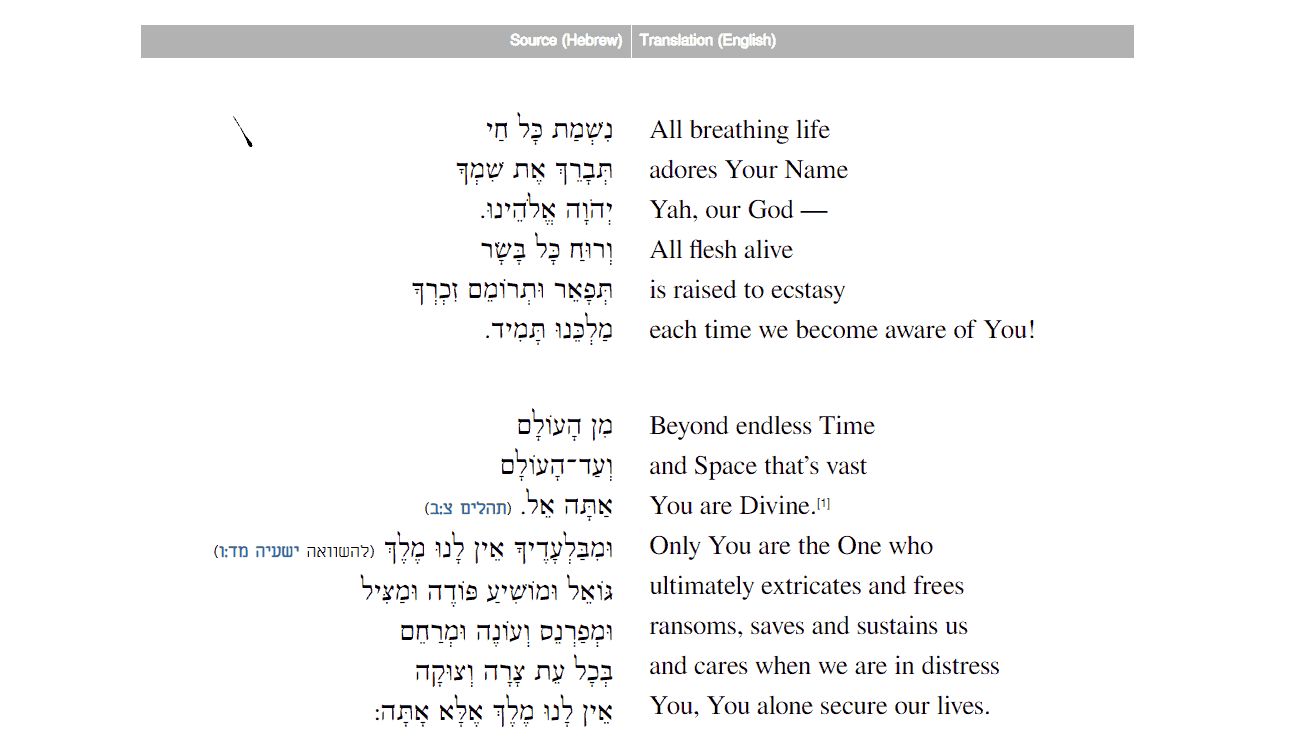
13. **Concluding Exhortations: Patience, Prayer, and Restoration**As the epistle draws to a close, James provides a series of powerful and practical exhortations, consolidating his overarching themes of steadfast faith, righteous living, and community responsibility. A primary focus is on “Patience in Suffering.” He urges believers, “Be patient, then, brothers, until the Lord’s coming,” drawing an analogy to a farmer who “awaits the precious fruit of the soil—how patient he is for the fall and spring rains.” This agricultural metaphor emphasizes endurance and unwavering hope in God’s timing, urging them to “strengthen your hearts, because the Lord’s coming is near.” He also cautions against internal grievances, advising, “Do not complain about one another,” reminding them that “the Judge is standing at the door!”
The importance of prayer is highlighted as a potent force in all circumstances. James provides clear instructions: “Is any one of you suffering? He should pray. Is anyone cheerful? He should sing praises.” For the sick, a specific directive is given to “call the elders of the church to pray over him and anoint him with oil in the name of the Lord,” with the assurance that “the prayer offered in faith will restore the one who is sick. The Lord will raise him up. If he has sinned, he will be forgiven.” This underscores the interconnectedness of physical healing, spiritual restoration, and the power of communal faith. The efficacy of prayer is further demonstrated by the example of Elijah, a man “just like us,” whose earnest prayers brought about and ended a drought.
Finally, James concludes with a powerful call to mutual accountability and restoration within the believing community. He encourages believers to “confess your sins to each other and pray for each other so that you may be healed,” emphasizing that “The prayer of a righteous man has great power to prevail.” The epistle culminates with a profound instruction regarding those who stray: “My brothers, if one of you should wander from the truth and someone should bring him back, consider this: Whoever turns a sinner from the error of his way will save his soul from death and cover over a multitude of sins.” This closing thought encapsulates James’s deep pastoral concern for the holistic well-being and eternal destiny of every member of the community, reinforcing the communal responsibility to preserve and restore faith.
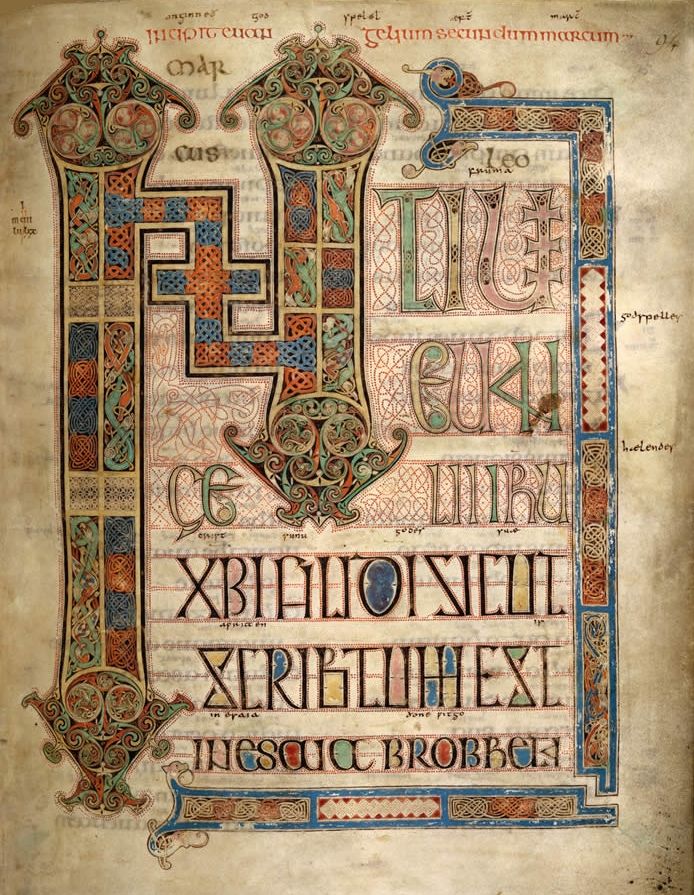
14. **St. James the Apostle: An Eyewitness to Christ’s Ministry**While the Epistle of James is largely attributed to James, the brother of Jesus, another figure of immense significance bearing the same name is St. James the Apostle, often referred to as James the Greater. Born in Galilee, Palestine, and martyred in Jerusalem around 44 CE, James was a pivotal member of Jesus’ innermost circle, alongside his brother St. John the Apostle and Peter. He holds the distinct historical position of being the only apostle whose martyrdom is explicitly recorded in the New Testament, specifically in Acts 12:2, where he was beheaded by order of King Herod Agrippa I of Judaea.
James and John were famously designated “Boanerges,” or “Sons of Thunder,” by Jesus, a title that perhaps alluded to their fervent and sometimes impetuous zeal, as evidenced in accounts like Mark 9:38 and Luke 9:54. They were among the very first disciples called by Jesus, along with Peter and Andrew, marking the beginning of their transformative journey. As a testament to his intimate relationship with Christ, James was privileged to witness some of the most profound and sacred moments of Jesus’ earthly ministry.
These extraordinary experiences included the miraculous raising of Jairus’s daughter from the dead, as recorded in Mark 5:37 and Luke 8:51, and the awe-inspiring Transfiguration on the mountain (Mark 9:2). He was also present during the deeply personal and agonizing moments of Jesus’ prayer in the Garden of Gethsemane (Mark 14:33 and Matthew 26:37), offering a glimpse into the emotional core of Christ’s mission. Despite once asking Jesus for a place of honor at his right and left hand in future glory (Mark 10:35–40), James’s life ultimately became a testament to selfless devotion, culminating in his early martyrdom, solidifying his enduring legacy as a courageous eyewitness to the Christ.

15. **The Enduring Pilgrimage: Santiago de Compostela and the Legacy of St. James**The legacy of St. James the Apostle extends far beyond his recorded life and martyrdom, finding a profound and enduring expression in the venerable pilgrimage tradition to Santiago de Compostela in northwestern Spain. According to a long-held tradition, James traveled to Spain to preach the gospel before his return to Judaea. Following his martyrdom, his body was purportedly transported by boat to Galicia, where it was eventually interred. This tradition became the foundation for one of Christianity’s most significant pilgrimage routes.
The narrative gained powerful momentum in the early 9th century with the purported discovery of his tomb in what is now Santiago de Compostela. This discovery led to the construction of a church on the site, which over centuries evolved into the magnificent Cathedral of Santiago de Compostela, a focal point of fervent devotion. During the Middle Ages, the relics housed within this cathedral drew countless Christian pilgrims from across Europe, solidifying the site’s status as a spiritual beacon and fostering a rich cultural and religious heritage.
The imagery of St. James became intertwined with Spain’s historical struggles, particularly during the Crusades against Moorish rule. He was often depicted as “Santiago Matamoros” (St. James the Moor-Slayer), an inspiring figure on horseback brandishing a sword, galvanizing Christian knights in battle. Beyond this martial depiction, St. James has also been tenderly portrayed as a pilgrim, reflecting the very journey his devotees undertake. Though the pilgrimage experienced centuries of decline, Pope Leo XIII’s papal bull in 1884 reaffirmed the authenticity of the relics, and the tradition was spectacularly revitalized in the late 20th century. Now globally recognized as the Camino de Santiago, or “Way of St. James,” this ancient path continues to attract thousands of pilgrims annually from around the world, a testament to the enduring spiritual magnetism and profound historical significance of St. James the Apostle.
This comprehensive journey through the Epistle of James and the life of St. James the Apostle underscores their immeasurable contributions to Christian thought and practice. From the rigorous calls for active faith and moral integrity found in the epistle to the inspiring example of an apostle who witnessed Christ’s glory and embraced martyrdom, the figures of James continue to offer profound guidance. Their legacies, woven into the fabric of both scripture and tradition, compel believers to pursue a vibrant, ethical faith that is both deeply personal and actively engaged with the world, echoing through centuries to challenge and uplift.



